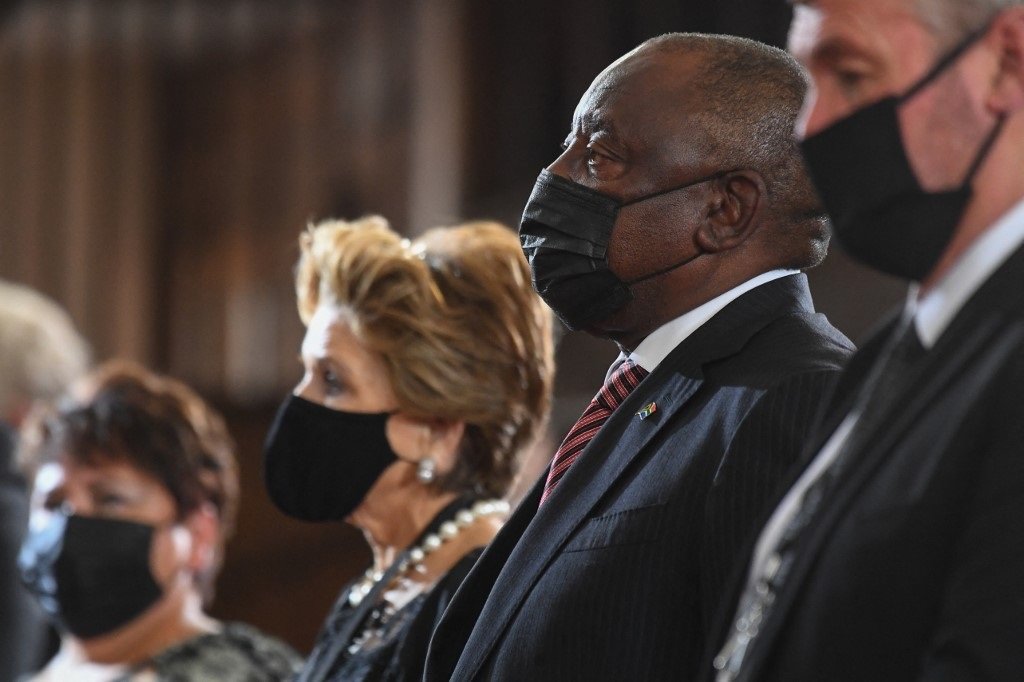CAPE TOWN – Following President Cyril Ramaphosa’s eulogy at the state memorial service of former-President F.W. De Klerk in which he told mourners that De Klerk made a significant contribution to democracy, a political researcher has said South Africa’s last apartheid president’s role had two sides.
Speaking to Salaamedia, researcher at the BenchMarks Foundation David Van Wyk said there is a difference in the perception of De Klerk’s role amongst the political elite who participated in the transition negotiations and ordinary citizens.
“[According to] the political elites in South Africa, De Klerk will be remembered as someone who played a major role in the transformation of South Africa. However, this great man’s theory of history generally tends to write out the role of ordinary people to force De Klerk to actually respond to the situation that was there at the time,” he said.
On Sunday, Ramaphosa delivered the eulogy at a state memorial service for De Klerk at the Groote Kerk in Cape Town. In his eulogy, he stressed the need for forgiveness and reiterated that De Klerk played a key role in the transition to democracy.
Ramaphosa said: “Many wondered why we would want a memorial at a state level for FW de Klerk. And we said we would have it because he is one person who played an important role in the evolution of our democracy. Whether we agreed with him or not, let’s now release him so that he can be at peace”.
However, Van Wyk argued that De Klerk’s contribution to democracy was more of a response to mounting pressure against the apartheid regime, which many deem to have become ‘unsustainable’ by the 1990s. He said: “His response was not all about transformation and inclusion”.
“Between 1990 and 1994, 14 000 people died (101 people per month) died in this country in a very intense struggle by ordinary people who said that they will no longer accept exclusion and the response of the National Party government at the time was, on the one hand, to have consultation and engagement but was, on the other hand, through violence. It was a matter of being pressured all the time.”
De Klerk died at his home in Fresnaye, Cape Town, on 11 November after a battle against mesothelioma. South Africans were divided on the last apartheid president’s legacy.
Julie Alli spoke to David Van Wyk, a researcher at the BenchMarks Foundation. Listen to the full discussion here:
